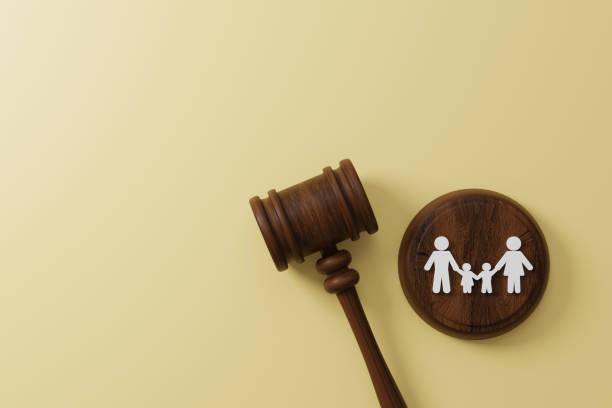Parents’ rights to their children


A father generally has the same rights to his children as a mother does after a divorce. This is true despite the fact that fathers in Illinois and across the country may feel as if they face long odds of obtaining physical or legal custody of their children. A court will look at many different variables when determining if a parent gets full or partial custody of a son or daughter.
Those variables typically include the mental and physical health of a parent as well as the depth of a relationship between a parent and child. The court may also look at whether a parent can meet a child’s basic needs such as providing a stable living environment. Older children and teenagers may be allowed to help determine whom they live with or who should make decisions on their behalf.
If there is evidence that a parent has abused or neglected a child, he or she may not be allowed to be around that son or daughter. However, absent a court ruling, a parent may not take action to interfere with the relationship that the other parent has with a child. Interference could include taking the child to an undisclosed location or ignoring the terms of an existing custody or visitation order. Individuals are allowed to call the police if their parental rights are being infringed upon.
After a divorce, there may be disputes over child custody or allocation of parental responsibilities. These disputes may be addressed by hiring an attorney to represent a parent in court. An attorney may also suggest working problems out with the help of a mediator. Doing so may allow parents to create solutions to their problems as a team and in less time than doing so through litigation.